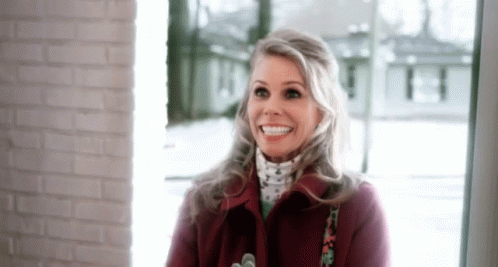
In recent weeks, Robert F. Kennedy Jr. (RFK) has begun to take concrete steps on the platform on which he was appointed, and vaccine reform is at the center of that agenda. He first entered the public spotlight for his stance on the COVID-19 vaccine, and vaccines in general remain a key issue for many of his supporters.
Earlier this year, several vaccine-related meetings were canceled or postponed, including the annual flu vaccine review. While the flu shot is considered safe, it has never been very effective. The panel often struggles to accurately predict which flu strains will circulate most widely, resulting in vaccines that have minimal impact on public health outcomes.
Recently, the 17-member Vaccine Advisory Panel was dismissed. This week, RFK appointed eight new members. Though the Vaccine Panel does not directly influence legislation, policy, or official health guidelines, it serves as an advisory body to the CDC and NIH.
Who’s on the New Panel?
Most of the new appointees are familiar names among RFK supporters, many of whom have become known for their criticism of the COVID-19 vaccine. While some members are high-profile, others are relatively unknown. However, the shift in the panel’s composition clearly reflects a new direction.
The MVP’s: Dr. Martin Kulldorff & Dr. Cody Meissner
Affiliation: The Great Barrington Declaration
Both doctors were involved in the controversial Great Barrington Declaration, which argued that COVID-19 lockdowns caused irreversible harm and were scientifically unlikely to curb the virus’s spread. The declaration circulated widely in global scientific and academic circles although it did not receive public attention at the time.
Dr. Martin Kulldorff
A Swedish biostatistician, Kulldorff was fired from positions at Mass General Brigham and Harvard for co-authoring the Barrington Declaration. In his career, he has developed several software tools to detect and track diseases and was heavily criticized for advocating herd immunity through natural exposure rather than vaccination. He co-authored a Wall Street Journal op-ed with Dr. Jay Bhattacharya (now head of the NIH) on COVID testing protocols for schoolchildren.
Dr. Cody Meissner
A professor of pediatrics at Dartmouth, Meissner served on the FDA’s vaccine advisory committee during the pandemic. In September 2021, he voted against a proposal to offer booster shots to all American adults, favoring a more targeted approach for seniors and high-risk individuals. The FDA ultimately overruled the panel and expanded booster access.
Dr. Robert Malone
Affiliation: Early mRNA Researcher, Public Vaccine Critic
Dr. Malone is a physician-scientist and biochemist who contributed to the development of mRNA vaccine technology in the 1980s. More recently, he became a leading voice against COVID-19 vaccines. He has drawn public criticism for stating Ivermectin is a safe and effective viral treatment, appearing on Joe Rogan’s podcast, and launching a campaign opposing CDC vaccine guidance.
Dr. Vicki Pebsworth
Affiliation: National Vaccine Information Center
With 35 years of experience in public health, Pebsworth began her career as an ICU nurse in the early 2000s. Her interest in vaccine safety became personal after her child suffered long-term medical effects following a well-baby visit that included seven vaccines. Dr. Pebsworth now serves on the board of the National Vaccine Information Center (NVIC), which receives 40% of its funding from Dr. Joseph Mercola—a natural supplement seller whose credibility is “iffy” at best.
The Other Four Appointees
The remaining four appointees are medical professionals—including an ER doctor and an OB-GYN—but their specific connection to vaccine policy or public health reform is unclear. They are not known public figures, and RFK’s rationale for their selection has not been publicly explained. They are:
- Dr. Joseph Hibbeln
- Dr. Retsif Levi
- Dr. James Pagano
- Dr. Michael A. Ross
The Vaccine Advisory Panel has typically operated behind the scenes, with little political influence. That remains the case despite RFK’s reshuffle. The previous panel, which was removed, also had a limited impact on national policy. Based on this selection, some panelists are far more qualified than others.
Still, this change is symbolically significant. Dr. Malone’s large following may reinforce RFK’s narrative of reform in the public health system. These appointments represent a meaningful step toward accountability and change, though it remains to be seen how lasting their impact will be, particularly as the urgency around COVID-19 and vaccine politics begins to fade.


